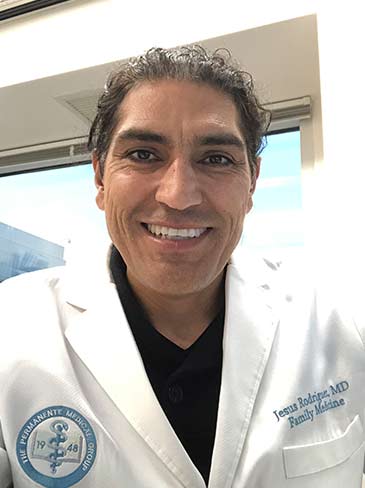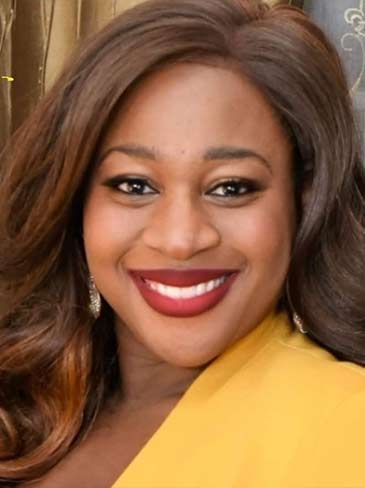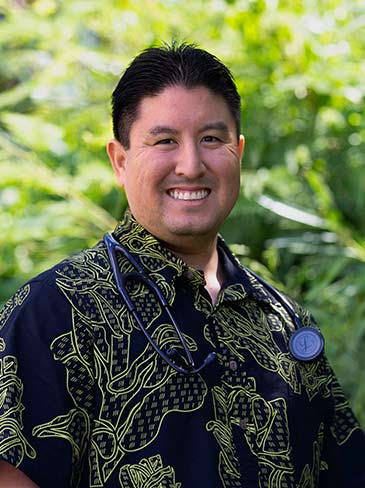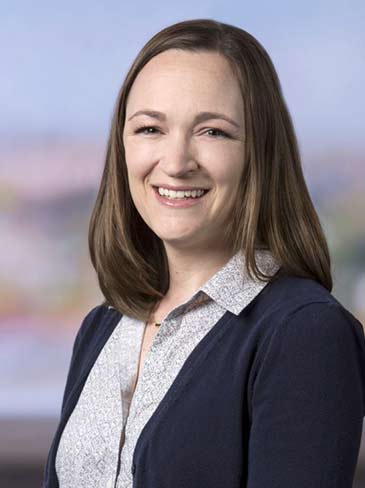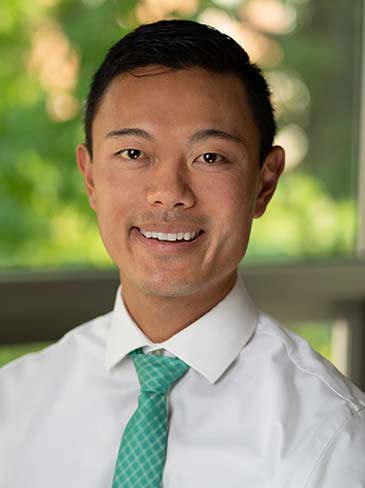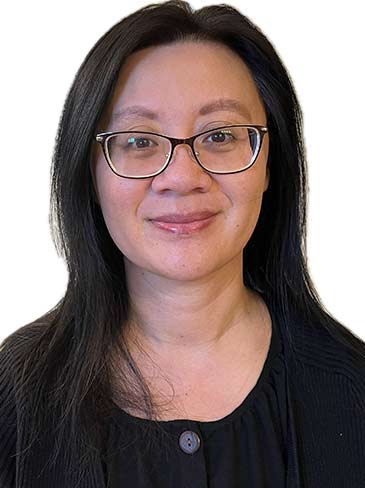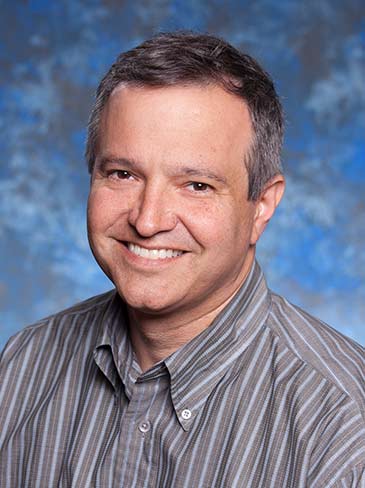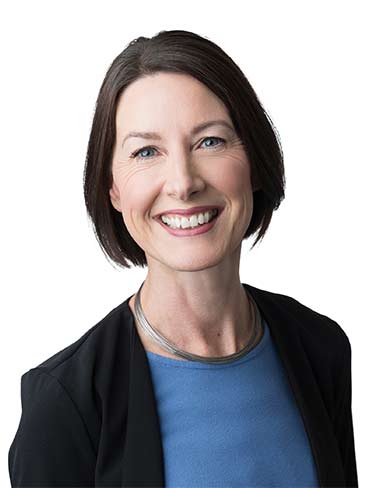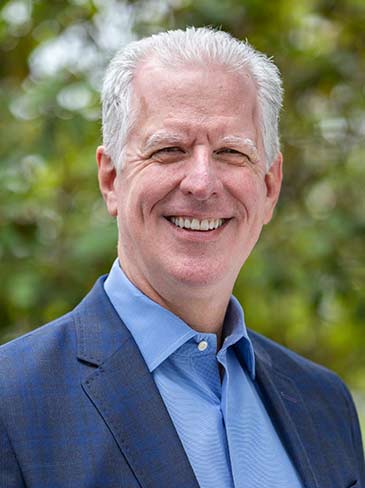‘What I want you to know about climate change’: 9 stories
Healthy people need a healthy planet. Nine of our employees share how our changing environment affects them and their communities — and what they do to fight back.
Vi Nguyen, MD, picks up trash on the beach in San Diego while jogging. This workout, called “plogging,” helps clear not only the environment but also her mind.
Whether you realize it or not, climate change affects you.
It’s already changed the water you drink, the air you breathe, and the soil your vegetables are grown in.
It’s changed our weather patterns, leading to more extreme weather events such as stronger hurricanes and more devastating wildfires.
Every action counts when it comes to tackling climate change and its impacts on health.
Nine of our employees and physicians share how climate change has affected them — and some of the things they’re doing to combat it.
From farmworker to physician
Jesus Rodriguez, MD, Family Medicine, Fresno, California
Climate change affects everyone. And it impacts different communities differently.
One of my biggest interests is farmworker health. I come from a family of migrant farmworkers. I picked grapes and worked in almond fields from age 11 through high school to supplement my family’s income.
Research shows farmworkers are 35 times more likely to die from heat-related illnesses compared to workers from other industries.
The more climate changes, the more at risk we all are.
I love being outdoors and running, biking, and hiking. With climate change, there are a lot of forest fires. Even if you’re healthy, being out there when it’s smoky is the equivalent of smoking a pack of cigarettes per day.
Even going for a walk and trying to be healthy is really doing yourself harm if the air quality is bad.
I really want people to know that climate change doesn’t only harm certain populations. It affects everyone. If there’s a forest fire, it will affect you even if you live in the good part of town.
Most days I bike to work 5 miles each way. I’m saving the environment a little bit each day.
Find out what fits your home and your life. A lot of people are afraid of changing something because they think it won’t make a difference.
Get educated and make a small change that will positively impact the climate.
Nigerian roots grew love of the Earth
Edidiong Ikpe-Ekpo, MD, MPH, Emergency Medicine, Atlanta
Are we poisoning our Earth?
I’m from Miami and my parents are from Nigeria. This contributed to my interest in our relationship with the environment.
In Miami, I was keenly aware of changes in the environment because I was always worried about hurricane season. In school, I was told that Miami may be under water in 20 years due to the impact of climate change.
In Nigerian culture, we’re very into things that grow from the earth and how they can be medicinal. That’s my heritage.
I wish discussions about the environment weren’t as polarized. There is a middle ground. You don’t have to side with a political party to acknowledge concerning changes in the Earth.
I don’t think people feel empowered to do anything. They don’t know the steps they can take to be kinder to our environment.
The same way we take care of our bodies, we must take care of our environment.
In the summer of 2023, a 19-year-old girl came into the emergency room sunburned from head to toe with blisters and first- and second-degree burns on her face and scalp. She had fallen asleep in the sun.
I’ve never seen sunburn that bad. People don’t realize the impact of the sun, ultraviolet rays, and extreme temperatures.
It’s our job as physicians to break these things down so they don’t seem so complex and so that people feel empowered.
‘Sacred connection with our land’
Marcus Kāwika Iwane, MD, Internal Medicine, Kapōlei, Hawaii
Climate change is creating an unparalleled health care emergency.
Part of my passion is how the health of our “‘āina,” Hawaiian for “land,” dramatically impacts our health. The role we play as health care providers is extremely important.
I not only care for people — I also educate folks about how we impact the land we live on and how Native Hawaiians and Indigenous people have a sacred connection with our land that sustains us physically, mentally, and spiritually.
In 2023, I completed the Climate and Health Equity Fellowship through the Medical Society Consortium on Climate and Health. The fellowship program trains doctors of color to become climate leaders. The fellowship blossomed my passion to bring this knowledge into the exam room.
Climate change exacerbates health inequities among vulnerable people: pregnant women, older adults, people of color, Indigenous people, people with chronic health conditions, people in rural areas, and people without homes.
Health professionals remain among the most trusted groups in society. We have a responsibility to leverage this trust to engage our communities.
It starts with us as individuals. We can all be part of the solution. We can all make small changes.
Buy and support local food that doesn’t have to travel great distances. Doing this lowers your carbon footprint substantially. It also means you’re buying fresher produce that’s better for your health. Our physicians, clinicians, nurses, and staff actively farm on our clinic grounds. We’re modeling for our community.
Respect the land, and in turn, the land will respect you.
The country’s most polluted ZIP code
Lisa Romero, MPH, PA-C, Lead Community Health Consultant, Denver
I started my career as a physician assistant at a clinic in Commerce City, Colorado, that treated people who may not have health insurance. The city’s ZIP code — 80216 — has been called the most polluted ZIP code in the country.
The city is surrounded by 3 major highways, a lot of industry, and abandoned hazardous waste sites. That’s when I first witnessed patients trying to stay healthy in an environment not conducive to health.
One little girl had severe asthma and was on multiple medications. The family did what they could to improve the environment. They didn’t allow pets in the bedroom. They removed carpet. Despite this, she still had multiple hospitalizations because of where her family lived.
What do you do if you can’t afford to move?
Not enough people are connecting the dots between our environment, the choices we make, and our own health. I can prescribe a pill or an inhaler, but how helpful is that if you don’t have clean air to breathe?
We have solutions for climate change. We just need to implement them.
The world came together for COVID-19 and dramatically altered the functioning of almost every business globally and simultaneously. Addressing climate change is something we can do.
Misinformation and division around climate change are harming communities by preventing action. We all want clean air, drinkable water, and a healthy environment for our families.
‘One small change can make a difference’
Scott Itano, MD, Assistant Senior Medical Director, Primary Care, Seattle
You might think, how can I impact a tornado or a wildfire? I’m just one person.
But it’s the butterfly effect: One small change can make a difference, especially if it’s multiplied over millions of people. Each person’s one small change adds up.
I love to run. When there’s wildfire smoke, I can’t run outside. I’m not able to do the things that keep me physically fit or mentally healthy.
And I’m healthy. It’s worse for people who often have a lot going on with their health.
For example, people with ongoing health conditions or who are frail can’t leave home because it’s too hot. Kids who live in poor housing conditions with mold and mildew have worse asthma, miss more school, and need more medical care. If there’s wildfire smoke, they can’t go outside to get a break from the conditions inside.
Exercise as much as you can. Walk as much as you can. Ride public transit. It’s good for the environment and good for your health.
It’s important to make changes while we can, before the environmental impact on our health is an epidemic and spreads.
People have to be invested in their personal health and their community health. They’re tied together. We should all be invested in climate change and do our small part to help our community at large.
‘Plogging’ — jogging plus picking up trash — a life-changer
Vi Thuy Nguyen, MD, Pediatrics, San Diego
I was burned out and didn’t realize it. I was really sad. Then, I learned about “plogging:” jogging while picking up trash.
Even though I lived in a house near the beach, I wasn’t a beach person. I never appreciated it. I started running out there and picking up trash early in the morning.
I felt better. I was no longer burned out by the 50th walk. My brain got better after picking up trash. It’s fun making an impact.
I need to show to the world how climate change costs us money and our health. It’s expensive.
Heat waves happen and people die. Heat waves increase heart-related deaths. Heart attacks cost money.
Extreme heat in youth sports is a health and an equity issue because athletes who have the sickle cell trait are more at risk. I want to make sure my community is safe.
I don’t know the answer. No one knows the entire answer, it’s so complicated. If you bring good people together, we will solve it together.
Make room for some climate work. You won’t regret it.
Reducing emissions and growing the economy
Seth Baruch, National Director of Energy and Utilities, Oakland, California
Climate change is the environmental issue of our generation and probably the next several generations.
I’m responsible for managing our on-site solar, which reduces the need to purchase electricity. Adding solar and batteries to build green microgrids also helps facilities that are in areas with a lot of wildfire-related power outages.
I’ve been in the environmental field my whole career. In the summer of 1988, I did a high school summer program in Boston. I lived in a dorm that had no air conditioning. It was the hottest summer on record.
It was so hot I couldn’t sleep. That’s the first time I remember people talking about global warming.
Climate change directly affects the health of our members by increasing respiratory diseases, asthma, and heat-related illnesses. It will be one of the biggest stressors on the health of our members. That’s super important to me and has guided what I’ve done my whole career.
People believe it will require a lot of sacrifice to deal with climate change. That’s not really the case.
With the right policy framework, we can reduce emissions and grow the economy. The benefits far outweigh the costs.
To deal with the speed of climate change, everyone has to move faster.
If the U.S. put as much money into climate change as we have in response to the COVID-19 pandemic, we could make a huge difference. That would get other countries to act more. We need to lead by example.
Do what you can
Amy Banulis, MD, Associate Medical Director, Women and Maternal Health, Falls Church, Virginia
The message to get out to people is: Do what you can do from where you are.
In 2020, we started a “green team” of physicians interested in making a difference in environmental sustainability. Our focus is mostly education, but we’re also trying to make systemic changes.
We eliminated the use of nonreusable plastic bottles for in-person events. We went from single-sided printing to double-sided in all facilities. And we advocated for more recycling and energy efficient processes.
I first became interested in environmentalism in college. After focusing my career on ob-gyn, I became interested in poor air quality and the impact on pregnancy.
Now, there’s good research that connects heat exposure and poor air quality with negative pregnancy outcomes such as low birth weight.
I’m also concerned about the fact that climate change disproportionately affects people who are most disadvantaged and increases disparities in health outcomes for women and children.
If everyone did one small thing, that would add up to a lot.
I’m very proud of Kaiser Permanente because we’re leading the way and leading the conversation.
‘Physicians need to take a stand’
Colin Cave, MD, Northwest Medical Director, External Affairs, Government Relations, and Community Health, Hillsboro, Oregon
In 2022, I got a text from my sister in Boulder, Colorado, that her house was devastated by a wildfire. This happened one day before it snowed. These are climate disasters.
It will become more personal for more people every year.
My biggest concern is that climate change and climate disasters are getting worse faster than we anticipated.
Our communities and our patients aren’t prepared. Fire, heat, flooding, and hurricanes are all coming on stronger and more frequently, with more destruction than we envisioned.
I want physicians to understand the power they have to make a difference.
We save thousands of metric tons of carbon dioxide by doing virtual visits. With a daily average of 14 people receiving hospital-level care at home, we can avoid about 450 metric tons of carbon dioxide per year.
There aren’t a lot of road maps for this. It’s like building the bridge as you cross it.
Learn more about how climate and health are connected, and why it matters.
-
Social Share
- Share ‘What I Want You To Know About Climate Change’: 9 Stories on Pinterest
- Share ‘What I Want You To Know About Climate Change’: 9 Stories on LinkedIn
- Share ‘What I Want You To Know About Climate Change’: 9 Stories on Twitter
- Share ‘What I Want You To Know About Climate Change’: 9 Stories on Facebook
- Print ‘What I Want You To Know About Climate Change’: 9 Stories
- Email ‘What I Want You To Know About Climate Change’: 9 Stories
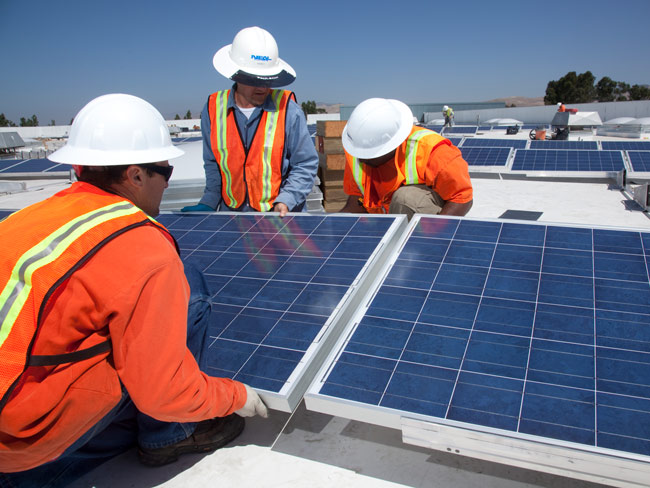
April 16, 2025
Our energy-efficient hospitals power health
Protecting the environment improves the health of everyone in the community. …
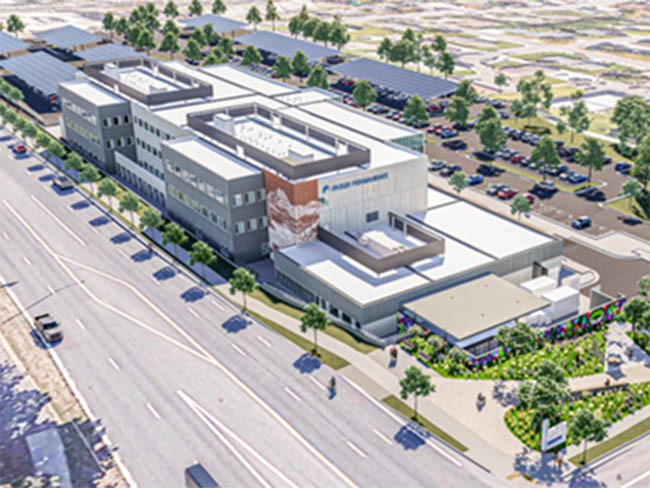
September 19, 2024
First look at new Lakewood facilities
New medical offices will enhance the health care experience for members …
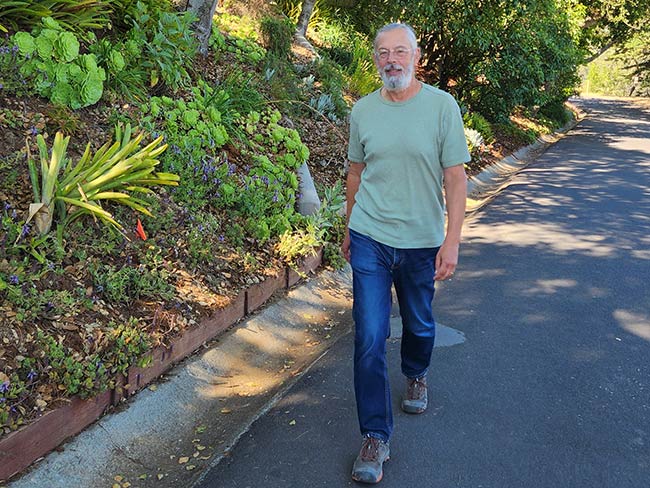
August 19, 2024
More trees and cleaner air improve health, research shows
People who frequently walk, run, bike, and visit greener areas with less …
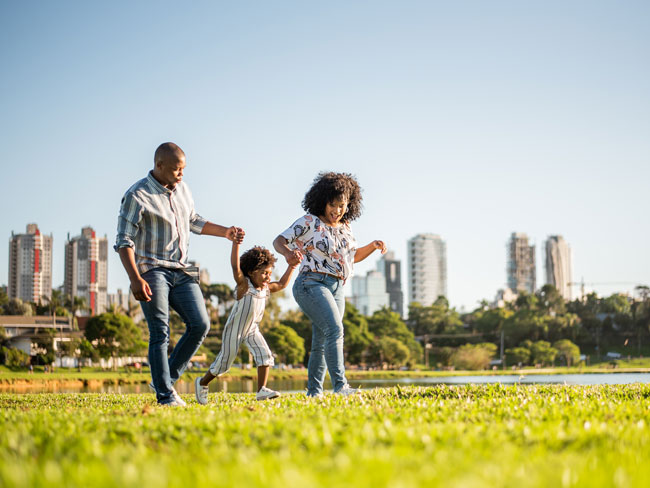
March 21, 2024
Healthy environment, healthy people — Earth Day and every day
Every action counts when it comes to tackling climate change and its impacts …

January 31, 2024
Prioritizing policies for health and well-being in Colorado
CityHealth’s 2023 Annual Policy Assessment awards cities for their policies …
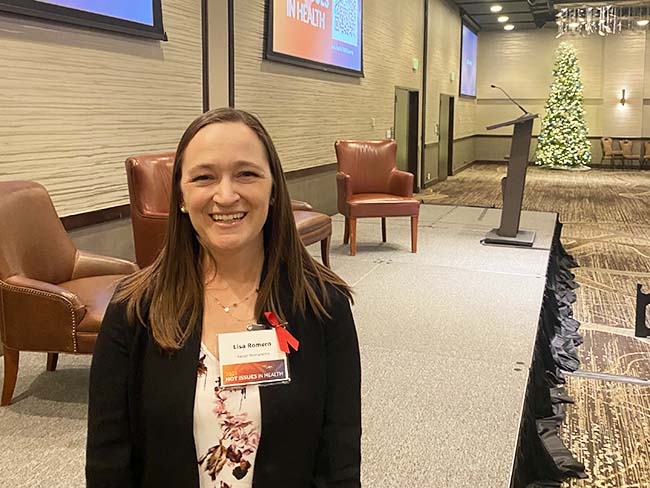
December 15, 2023
Climate change is already affecting our health
The health care industry is responsible for 8% to 10% of harmful emissions …
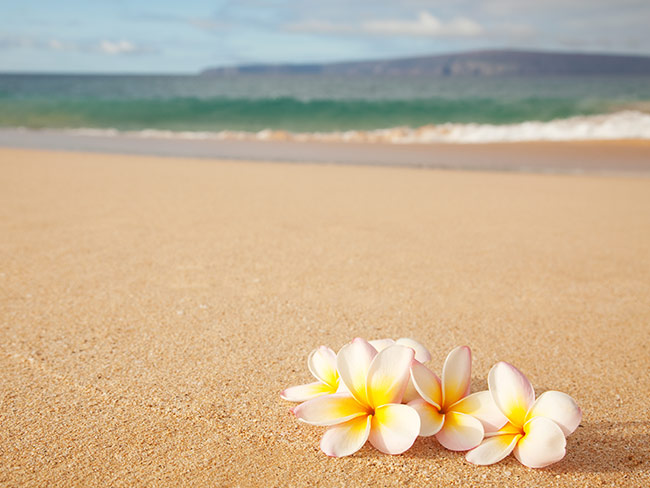
August 18, 2023
Supporting the people of Maui
The people of Kaiser Permanente and Maui Health are delivering care, service, …
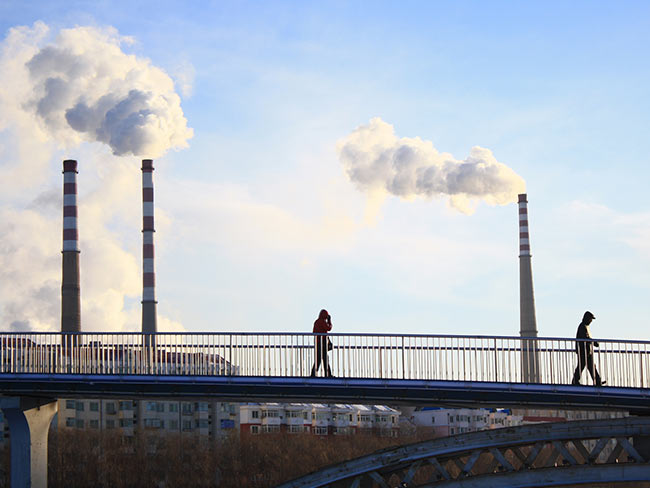
June 7, 2023
Engaging businesses for action on climate and health equity
New climate collaborative with BSR announced at joint Kaiser Permanente …
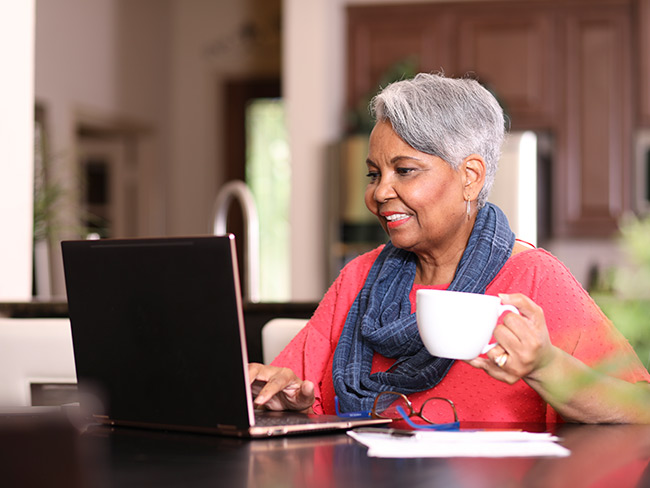
August 16, 2022
Our support for the Inflation Reduction Act
A statement from chair and chief executive Greg A. Adams on the importance …
